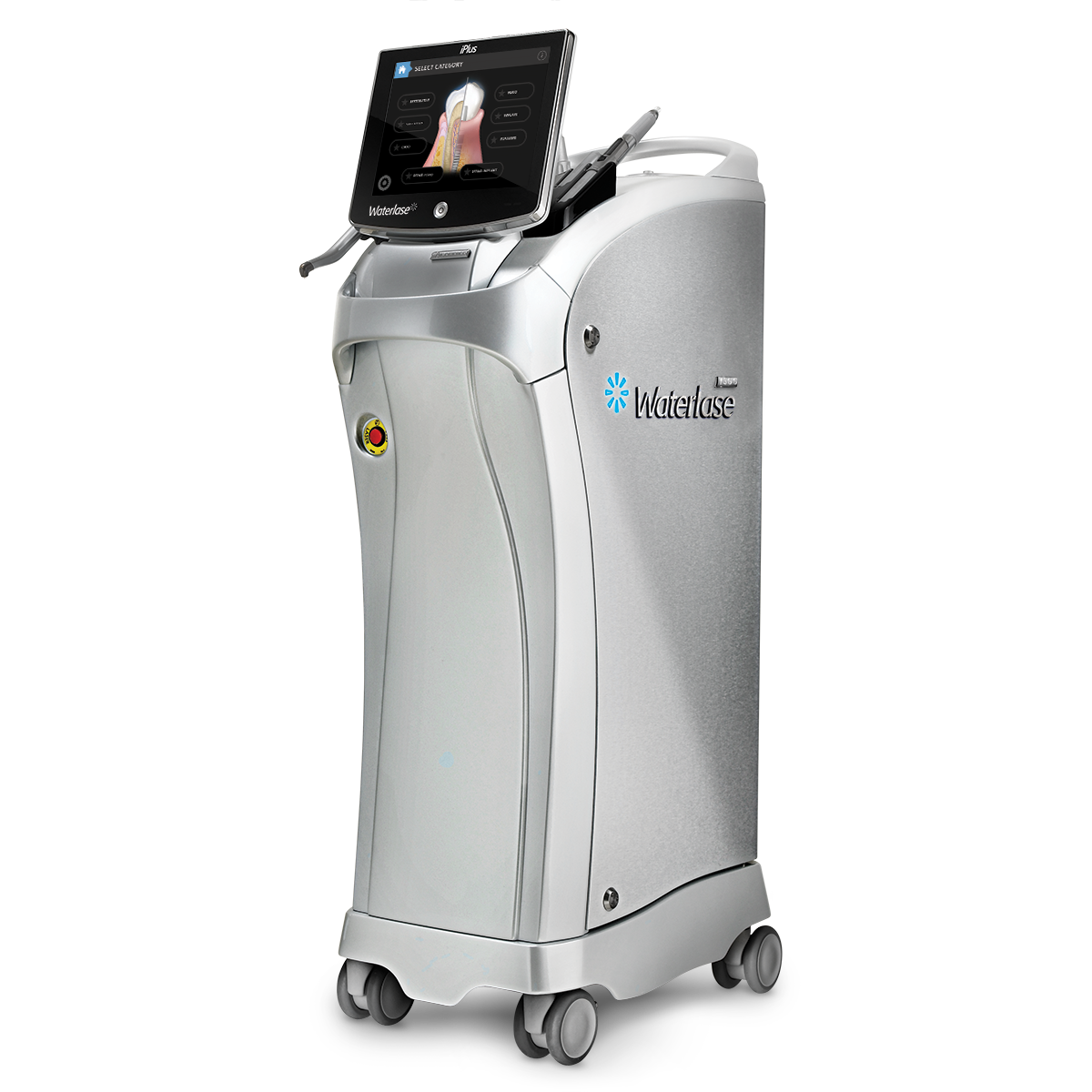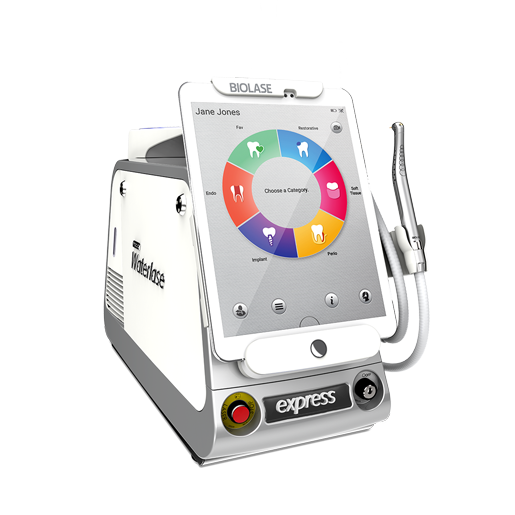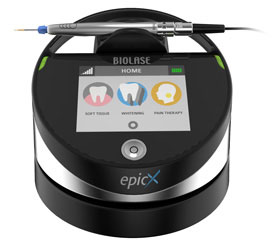If you’re like most people, you wake up each morning and smack your mouth – it feels dry. That’s no surprise, however, as you most likely had little to no water during the night. But when you have a dry mouth during the day, frequently, then you may end up having dental issues to address.
Everyone has saliva in their mouths, and it helps both to moisten our mouths to cleanse our teeth of harmful bacteria and fungi. If you don’t have enough saliva, then the bacteria and fungi may not be kept in check, which can lead to cavities. A dry mouth can also increase your risk of gingivitis and other mouth conditions such as thrush, and a dry mouth can just be plain uncomfortable.
What does a dry mouth feel like? You may know what it feels like, but it can be hard to describe. At its simplest form, you will have a sticky, dry feeling in your mouth or in your throat too. But there are other symptoms as well. You might be thirsty all the time, or have bad breath. Your tongue may be red, swollen, or even raw. You may notice cracked lips, split skin in the corners of your mouth, or sores inside your mouth. Your nasal passages might be dry and your throat could be hoarse. That’s quite a few symptoms!
There are many reasons why your mouth could get so dry. Aside from being thirsty, it can happen when:
- You become dehydrated from illnesses such as fever, sweating, diarrhea, or vomiting.
- Certain conditions and diseases can also cause excessive and frequent dryness in the mouth, and these include diabetes, Parkinson’s, rheumatoid arthritis, and hypertension.
- Certain medications, such as those to relieve allergies, anxiety, depression, epilepsy, colds, and asthma, can cause dry mouth as a side effect.
- Damage to or removal of your salivary glands, as well as effects from radiation and chemotherapy treatment, can also cause that sticky mouth sensation.
- Don’t forget your own actions! Your lifestyle also has a great effect on your mouth. Smoking and chewing tobacco, drinking alcohol, not drinking enough water, and even breathing with your mouth instead of your nose can all affect that amount of saliva you produce.
However, there are some ways you can prevent the occurrence of dry mouth, or at least minimize its impact. Most of them help your glands create saliva to moisten your mouth. For example, you can:
- Drink more water.
- Suck on sugar-free candies.
- Ask your doctor to adjust or change medications.
- Stop smoking and change breathing patterns will make for happy teeth.
- Add a vaporizer to create more humidity at night.
- Use an over-the-counter saliva substitute.
- And of course, visit your dentist regularly for more suggestions specific to your unique situation.
Not only is it important to take care of your mouth, teeth, and gums, but it is also important to know when seemingly minor annoyances can become larger problems. By understanding the issues surrounding dry mouth, you can help keep your smile as fresh and as healthy as possible.



